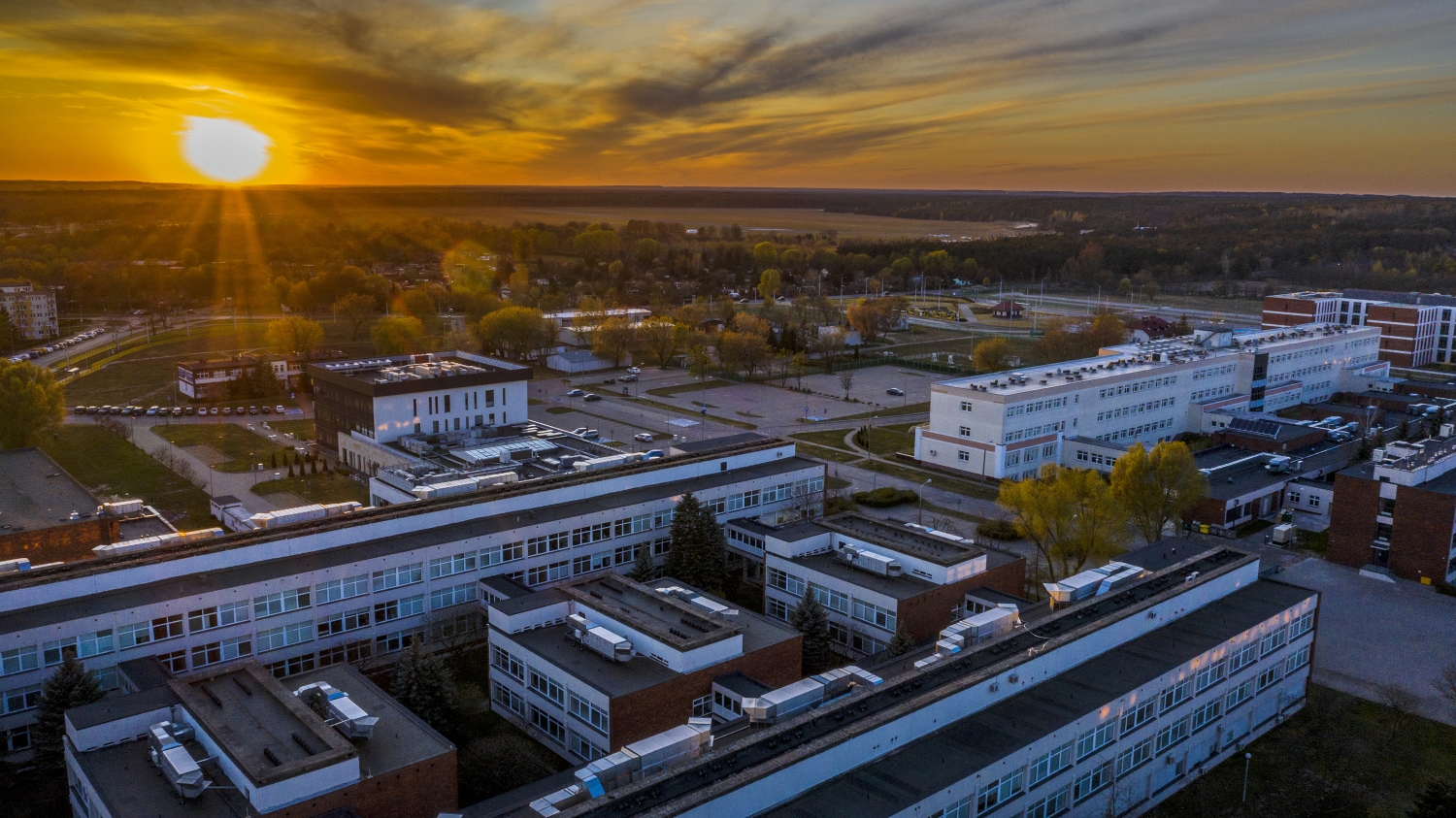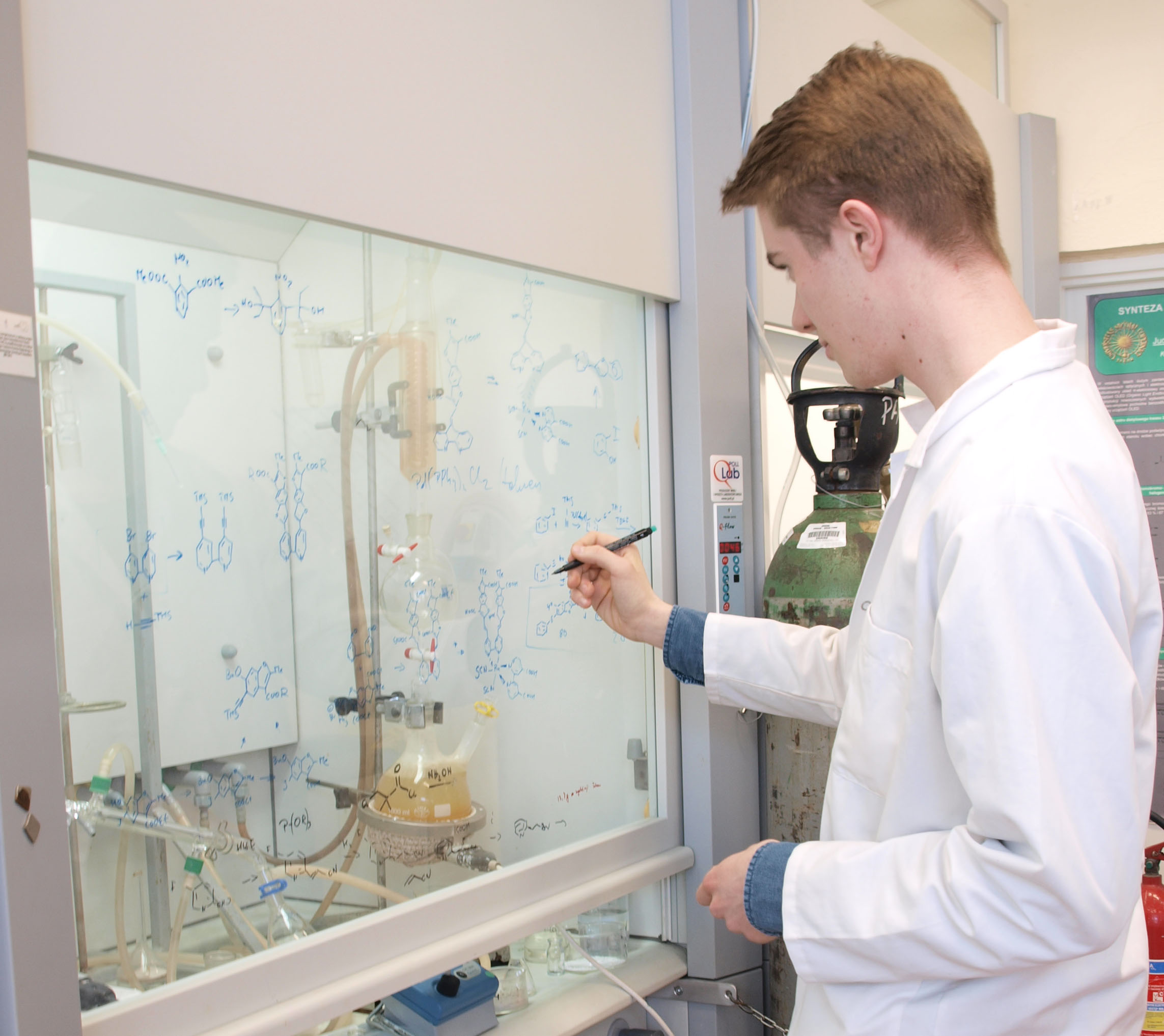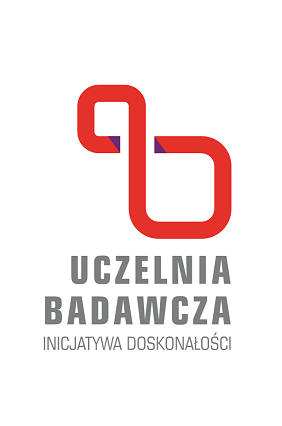Why study chemistry in Toruń?
Toruń is one of the most beautiful and recognizable cities in Poland. It’s known for its historical monuments (the Old Town is on the UNESCO World Cultural Heritage list), but also for its good student vibe. Its relatively small size makes it easy to get from one end to the other, and all the attractions are within easy reach. At the same time, there are many events and places where you can enjoy your free time. As a city situated in the central-northern part of Poland, Torun is a great starting point for exploring the country.
Nicolaus Copernicus University in Toruń is ranked 5th university in Poland. The University obtained the HR Excellence in Research award and as one of only 10 universities in Poland it can boast the title of Leading Research University. From July 2020 NCU is a full YUFE (Young Universities for the Future of Europe) consortium partner.
The Faculty of Chemistry is located on the main campus, adjacent to the Rectorate and Main University Library. The building, as a part of the original campus layout, has been recognized as a monument of Polish modernist architecture. The wooded surroundings of the building and the atmosphere on campus make it a great place to study and spend time between classes.

Teaching and research work is organized at the Faculty within ten departments. The faculty has well-equipped research laboratories and a specialist Laboratory for Instrumental Analysis, which is also available to external entities. The teaching laboratories are also undergoing gradual modernization.
Currently, 98 academic teachers and a number of other supporting staff work at the Faculty. The number of senior academic staff (full professors, associate professors, doctors habilitati and active emeriti professors) amounts to 51.
Faculty of Chemistry offers a range of undergraduate and graduate student programmes, coupled with research that spans all major disciplines of chemistry as well as emerging interdisciplinary fields. Graduates of our Master’s programmes may apply for admission to doctoral studies within one of the two doctoral schools at the University of Nicolaus Copernicus.

Chemistry programmes highlights
- Our theoretical modules are supported by extensive practical sessions in the laboratory, allowing students to perform experiments that reinforce the material taught in the lectures. More than one-third of the teaching classes are laboratories.
- The choice is an important aspect of our curriculum. Optional courses are available to Chemistry students across all years of study.
- During the diploma project work, students will access specialist facilities and laboratories.
- There are lots of opportunities for students to work alongside our academics and get involved in the research happening at the Faculty. Upper year students and Master’s degree students are often co-authors of scientific articles.
- We aim to enable our students to achieve their full potential within a supportive environment. Small class groups are used to support the teaching, so students get regular feedback from the academic staff helping them solve any problems that they might have with a particular topic.
- Students of first-cycle studies undergo mandatory student internships. Students of all degrees have the opportunity to participate in internship programs as part of EU projects conducted in the Faculty. We also offer student exchange opportunities (e.g. under ERASMUS+ programme).


 ul. Gagarina 7, 87-100 Toruń
ul. Gagarina 7, 87-100 Toruń